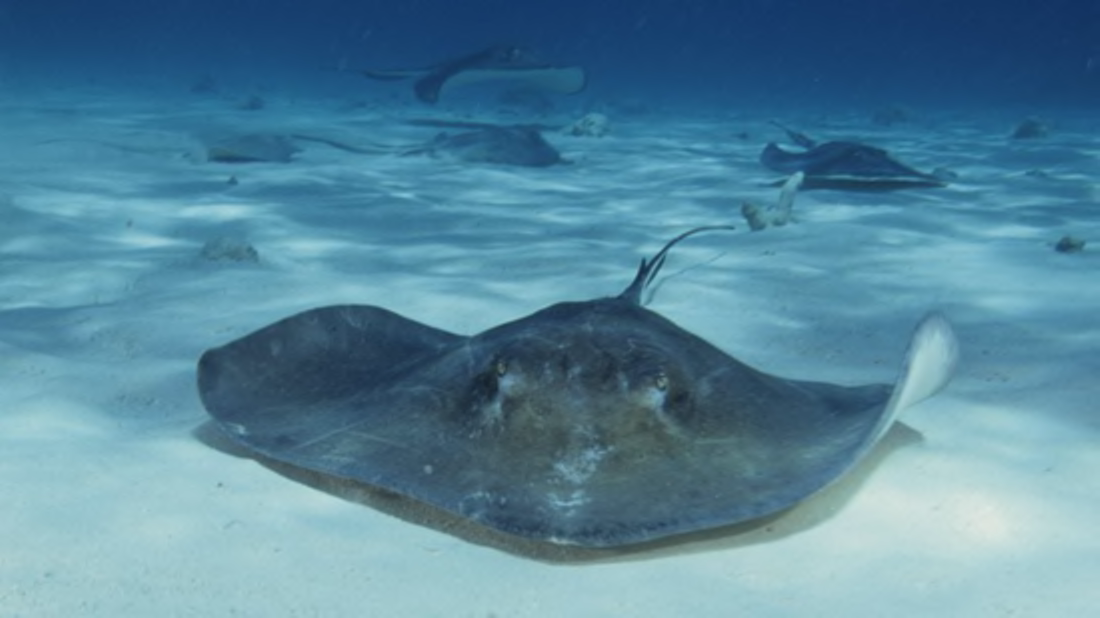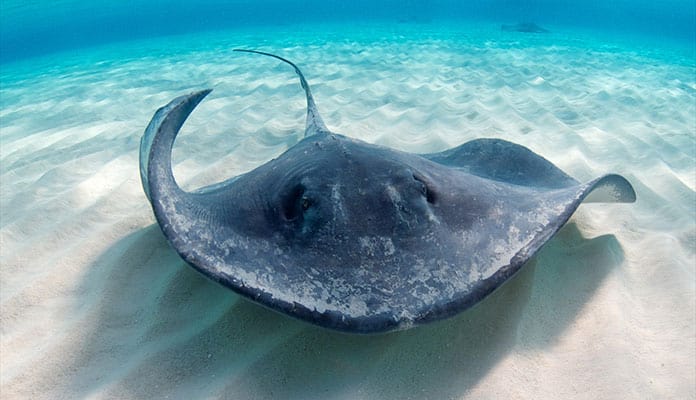Some species of stingray in the deep ocean get up to 14ft long including the tail and these species of stingray naturally have a larger stinger.
Marbled stingray scientific name.
We breed black diamonds pearls marble motoro boesemani galaxy p14 designer hybrids big spot super white cross henlei and more.
The specific name cuspidata is derived from the latin word cuspidatus meaning pointed.
Found singly or in small groups sometimes buried in the sand with just the eyes showing or resting on the.
Compagno l j v cook s f.
This large ray can grow up to six feet across and is found in tropical waters of the indian and pacific oceans.
Also known as the black blotched stingray.
Also known in english as marbled stingray or a honeycomb stingray.
The marbled stingray is found in the indo west pacific region growing up to 330cm in length.
The remaining rays comprise the suborder myliobatoidei and consist of whip tailed rays family dasyatidae butterfly rays gymnuridae stingrays urolophidae eagle rays myliobatidae manta rays or devil rays.
The size of a sting really is dependent on what species of stingray it is.
Common to the rays of all these families is a long slender whiplike tail that usually has a barbed spine connected with a poison.
It gets its common name from the mottled pattern that adorns its upper body.
The marble ray is a stingray native to the indo pacific and pacific oceans.
Paging dalimanok a cownose ray with the scientific name rhinoptera javanica.
Buntot pagi stingray s tail.
Paging paul a spotted eagle ray having the scientific name aetobatus narinari.
The reticulate whipray or honeycomb stingray himantura uarnak is a species of stingray in the family dasyatidae it inhabits coastal and brackish waters across the indo pacific region from south africa to taiwan to australia favoring sandy habitats a large species reaching 2 m 6 6 ft in width the reticulate whipray has a diamond shaped pectoral fin disc and an extremely long tail without.
Center for stingray biology breeds freshwater stingrays for sale to aquarium and ornamental tropical fish trade.
Like sharks stingrays and other rays have skeletons made entirely of cartilage instead of bone.
It is characterized by numerous heart shaped dermal denticles and tubercles on its upper surface as well as.
The smaller stingray species tend to have small stingers so that the stinger is relevant to the size of the body of the stingray.
Together the scientific name anoxypristis cuspidata refers to the sharp sided blade like rostral teeth of the animal.










